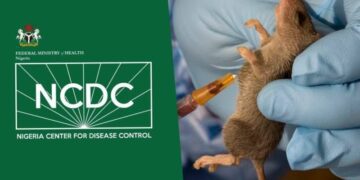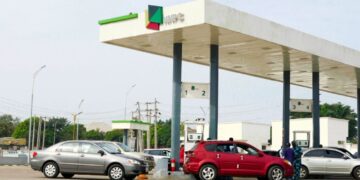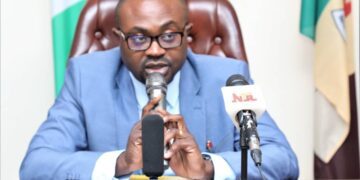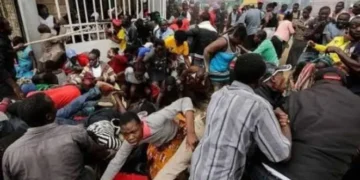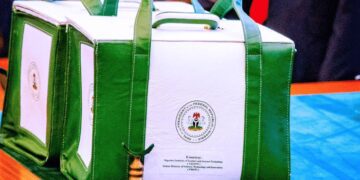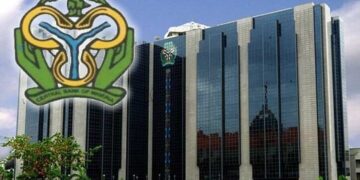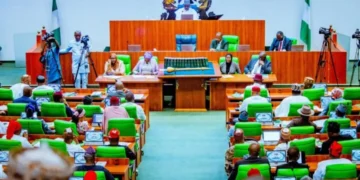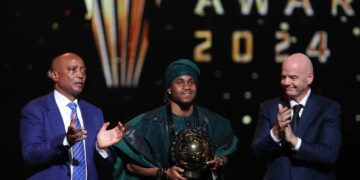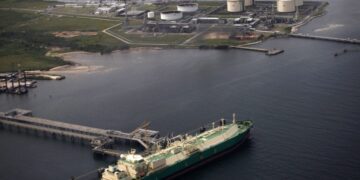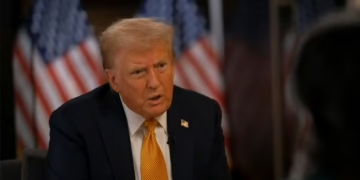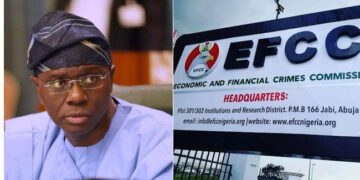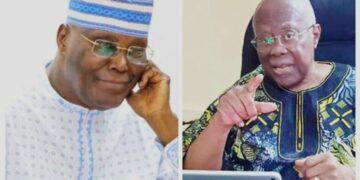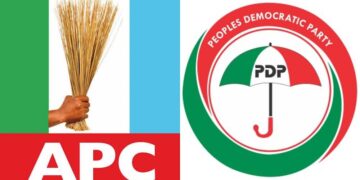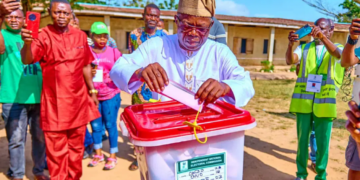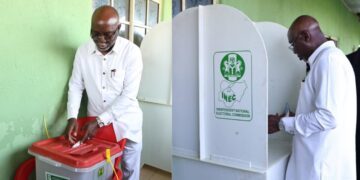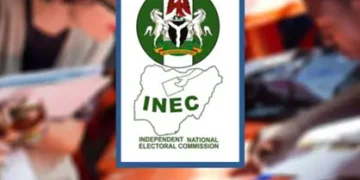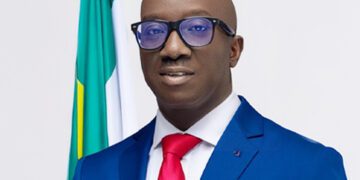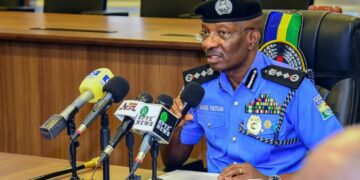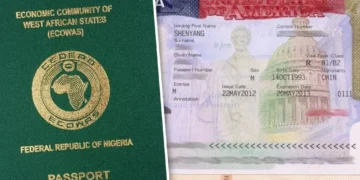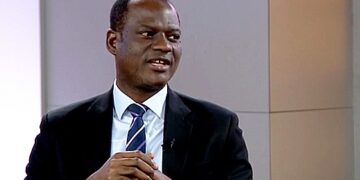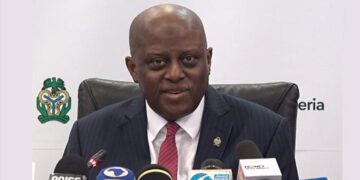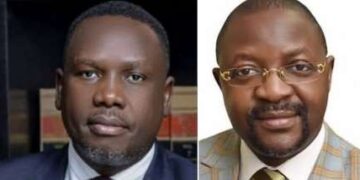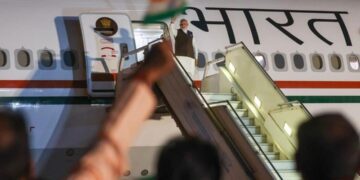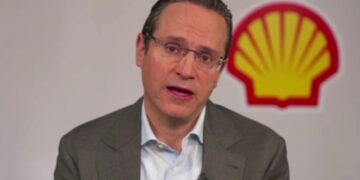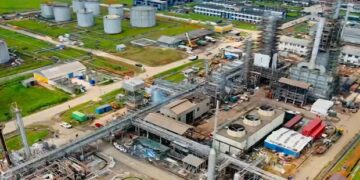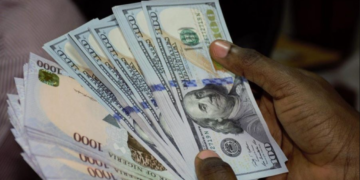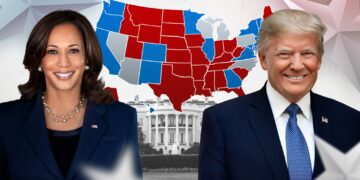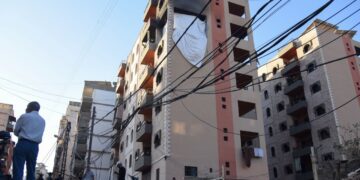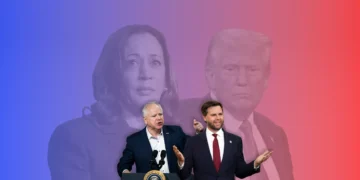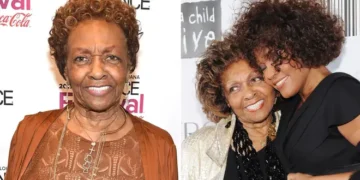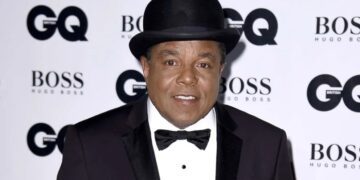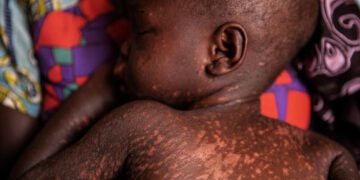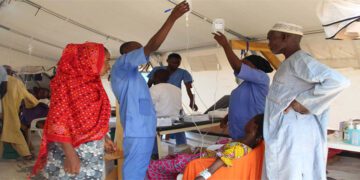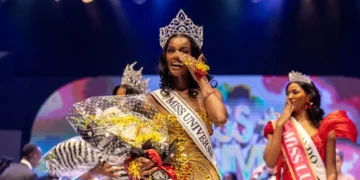President Tinubu, in an unprecedented move, attended the NEC meeting held at the Council Chambers of State House, Abuja.
The 142nd National Economic Council (NEC), chaired by Vice President Kashim Shettima, on Thursday, 27 June focused on key matters of the economy however, ended with no deliberation on the front burner new national minimum wage issue.
In contrast, the Nigeria Governors’ Forum (NGF) had given much steam to the matter saying yesterday that its members had agreed to keep working with key stakeholders for a mutually agreeable solution to the minimum wage issue. The NGF recommitted to the process and assured them that the ongoing negotiations would bring about better wages. At the same time, governors from the southern part of Nigeria, under the aegis of the Southern Governors’ Forum (SGF), asked to be allowed to negotiate the wage payable to their workers.
They said the ability of each state to pay what it could afford should be a major consideration in arriving at a national minimum wage. The President’s attendance came against the backdrop of his decision to consult with necessary stakeholders, including governors, all of whom are members of the council.
President Tinubu had said he would only submit a new national minimum wage to the National Assembly for passage into law after such consultations. However, at the end of the meeting, the council was silent on the minimum wage issue. Addressing newsmen on the outcome of the meeting, Minister of Agriculture, Abubakar Kyari, who joined the governors of Imo, Kano and Kogi to brief reporters, disclosed that the federal government had approved a $1 billion agriculture mechanization programme that would set up 1,000 agro-sector service providers across the country with tractors.
Governor Hope Uzodimma of Imo State also disclosed that NEC directed the sub-committee on crude oil theft to provide comprehensive recommendations on how to end the menace during the next meeting. Uzodimma said that even though the sub-committee was expected to submit its report during Thursday’s meeting, “it was inconclusive.” On his part, Governor Abba Yusuf of Kano State announced the constitution of the board of the Niger Delta Power Holding, which had operated for a long time without a supervising board. Yusuf revealed that the board was made up of the governors of Borno, Katsina, Imo, Ekiti, Kwara, and Akwa Ibom states, representing the different geo-political zones.
Minister of Finance and Coordinating Minister of the Economy, Wale Edun, spoke on the activation of the Presidential Food Systems Coordinating Unit. According to a communique released after the meeting that extended into the early hours of yesterday, and signed by NGF’s acting Director, Media, Ahmed Salihu, read, “We, members of the Nigeria Governors’ Forum (NGF), at our meeting held today, deliberated on issues affecting the country. The forum discussed the new national minimum wage. The governors agreed to continue engaging with key stakeholders to reach a mutually agreeable solution.
We remain dedicated to the process and assure that better wages will result from the ongoing negotiations.” The governors also highlighted the significance of the World Bank-Nigeria for Women Project Scale-Up and stressed the need to implement it at the state level as originally intended, given that the states were the primary entities responsible for the project.















